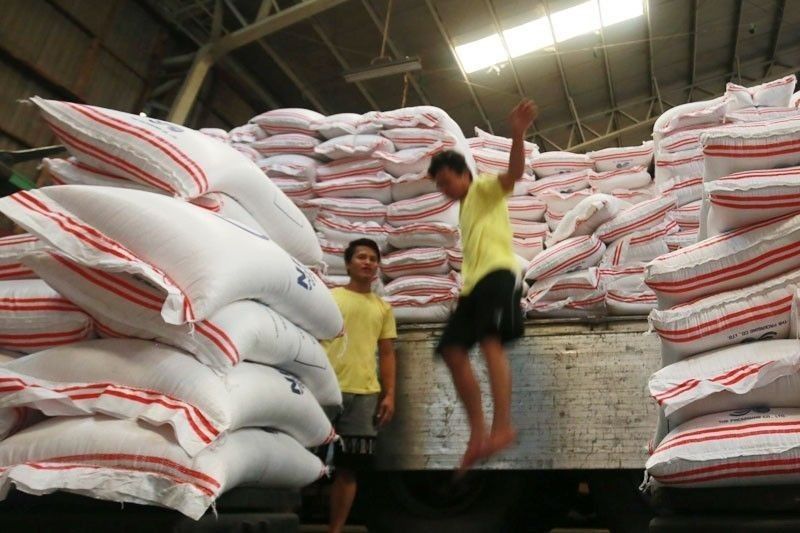Duterte special powers eyed vs rice import surge

MANILA, Philippines — Sen. Cynthia Villar, chair of the Senate committee on agriculture and food, hinted yesterday that President Duterte may have to exercise his special powers to contain the suspicious surge in rice imports that allegedly caused the decline in the price of local rice and adversely affected farmers.
Villar and her committee started their inquiry into the effects of Republic Act 11203 or the Rice Tariffication Law that scrapped restrictions on rice imports and replaced this with a 35 percent tariff.
She said that Section 7 of the law allows the President to increase, reduce, revise or adjust the existing tariff by as much as 100 percent to make imported rice less competitive than homegrown rice.
The law also empowers the President for a limited period and/or a specified volume to allow the importation at a low tariff in the event of any imminent or predicted rice shortage.
She, however, said such powers can only be exercised when Congress is not in session.
“These are special powers of the President, we’ll lobby that these be exercised,” Villar told reporters after the hearing.
Villar, however, said there are still ways to help the farmers even as she described as exaggerated reports that palay prices are plunging.
Resource persons during the Senate hearing pointed out that palay prices went down to P17 per kilo but Villar said the National Food Authority (NFA) buys palay at that price from local farmers who get a P5 per kilo profit.
The Rice Tariffication Law that was enacted last February after the lapse in 2017 of the 1995 agreement with the World Trade Organization (WTO) allowing the Philippines to restrict rice imports to protect local farmers.
RA 11203 also created the P10-billion Rice Competitiveness Enhancement Fund (RCEF), which is meant to finance the mechanization, training and provision of inbred seeds to farmers.
During the hearing, Villar said the law would actually benefit farmers and its initial adverse effects should have been short-lived and minimal if the concerned agencies have not been dragging their feet in implementing the law that mandated the training of farmers in the modern methods of planting rice.
“There are many things that can be done to help our rice farmers, not just under the law, but through other means if only the DA (Department of Agriculture) and the NFA love our farmers more,” Villar said.
Since the law took effect this year, prices of palay have reportedly plunged to as low as P12 per kilo, which was attributed to the influx of rice imports under the new liberalized regime.
Leonardo Montemayor, a former agriculture secretary and currently president of the Federation of Free Farmers, told the inquiry that from January to July this year or shortly before and after the law was signed, rice imports reached 2.4 million metric tons (MT) based on data from the Philippine Statistics Authority. The volume represents 17 percent of the Philippines’ total demand for rice, which is higher than what should have been taken in a country that is 90 to 93 percent self-sufficient in rice, he said. – With Rhodina Villanueva, Louise Maureen Simeon, Ding Cervantes
- Latest
- Trending


























